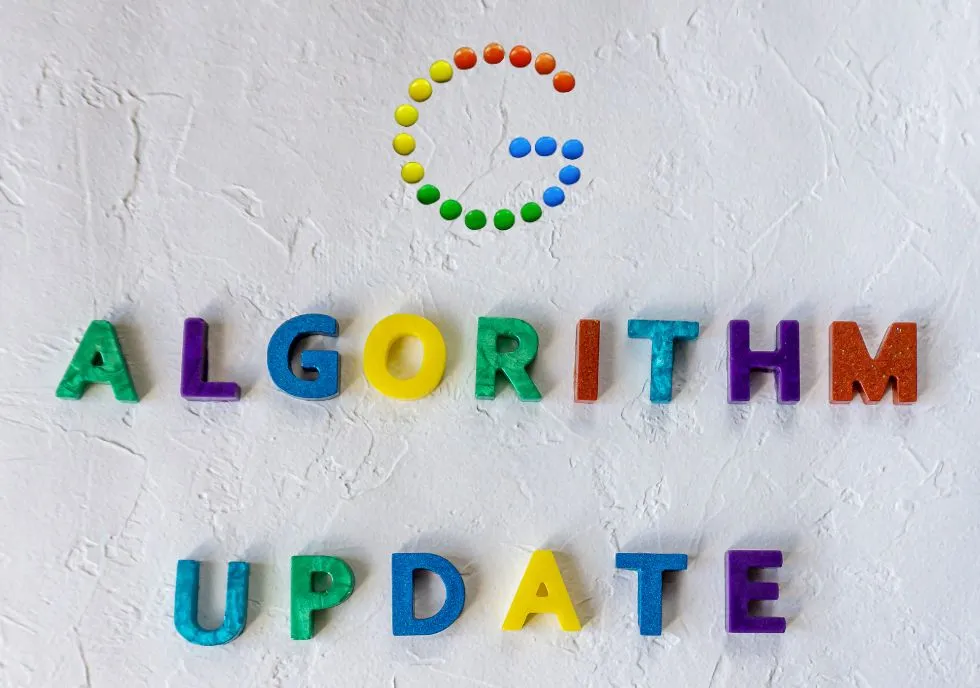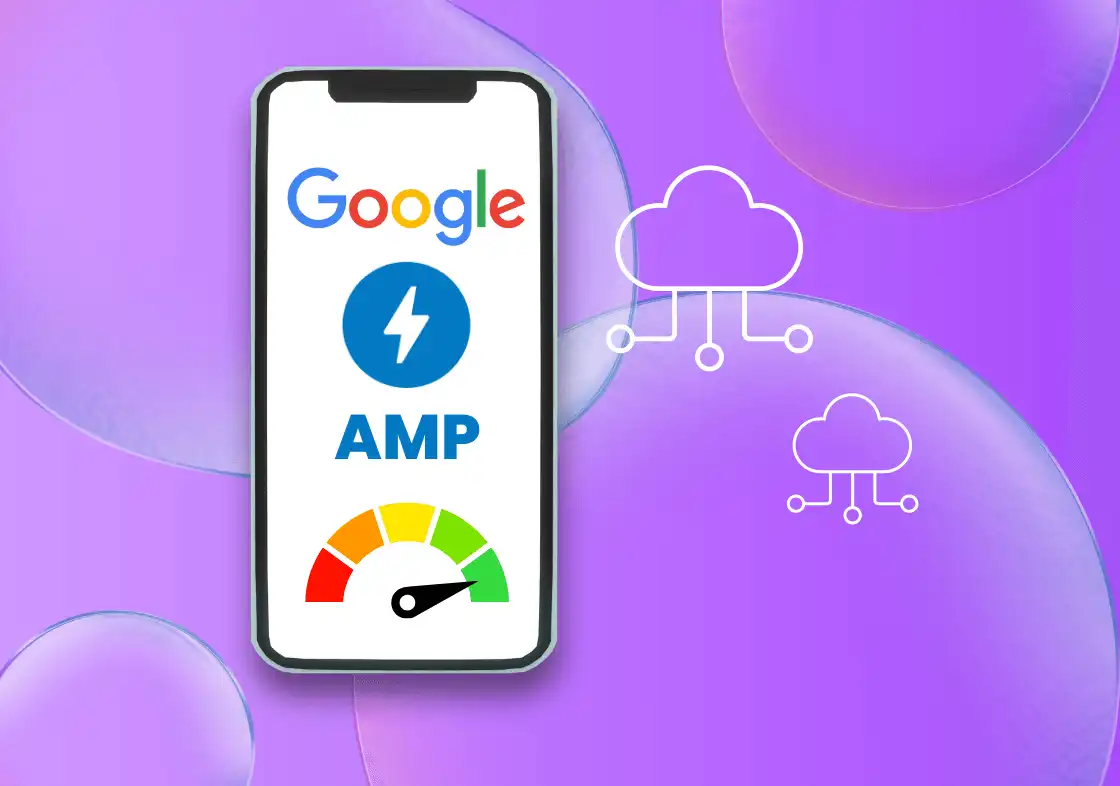The internet has come a long way since its inception in the late 1960s. From the early days of ARPANET to the creation of the World Wide Web in the early 1990s, the internet has revolutionized the way we communicate, learn, and conduct business. However, as the internet has grown and evolved, it has become clear that the current model of centralized control and ownership is not sustainable in the long term. That’s where Web 3 comes in.
Web 3, also known as the decentralized web or the web of trust, is the next evolution of the internet. It is built on top of blockchain technology, which allows for decentralized control and ownership of digital assets. In Web 3, users have control over their data and can interact with others on the internet in a more secure and private manner.
One of the key features of Web 3 is the use of decentralized applications (dApps). These are applications that run on a decentralized network of computers, rather than a centralized server. This means that the data and logic of the application are stored and processed on the network, rather than being controlled by a single entity. This makes dApps more secure and less vulnerable to hacking or other malicious attacks.
Another important aspect of Web 3 is the use of smart contracts. These are self-executing contracts that are programmed to execute automatically when certain conditions are met. They are built on top of blockchain technology and can be used to automate a wide range of processes, from financial transactions to supply chain management. Smart contracts are transparent, tamper-proof, and can be used to reduce the need for intermediaries in many areas of business.
Web 3 also incorporates the use of digital currencies, such as Bitcoin and Ethereum. These currencies are decentralized and can be used to facilitate transactions on the internet without the need for intermediaries such as banks or payment processors. This makes transactions faster, cheaper, and more secure.
Perhaps one of the most exciting aspects of Web 3 is the potential for new business models and revenue streams. With the use of dApps, smart contracts, and digital currencies, businesses can create new ways to interact with their customers and generate revenue. For example, a content creator could use a dApp to sell access to their content directly to their fans, without the need for a third-party platform like YouTube or Patreon.
However, Web 3 is still in its early stages of development, and there are many challenges to overcome. One of the biggest challenges is user adoption. The current model of the internet is so entrenched in our daily lives that it can be difficult to convince people to switch to a new, decentralized model. Additionally, there are technical challenges to overcome, such as scalability and interoperability between different blockchain networks.
Despite these challenges, the potential benefits of Web 3 are too great to ignore. It has the potential to create a more secure, private, and equitable internet that is controlled by its users, rather than a few large corporations. As Web 3 continues to evolve and mature, it will be exciting to see the new possibilities that emerge.
Web 3 is the future of the internet. Built on top of blockchain technology, it offers a decentralized and secure model for conducting business and interacting with others online. While there are still challenges to overcome, the potential benefits of Web 3 are too great to ignore. As we move into the next phase of the internet’s evolution, it’s important to embrace new technologies and business models that empower users and promote decentralization.



